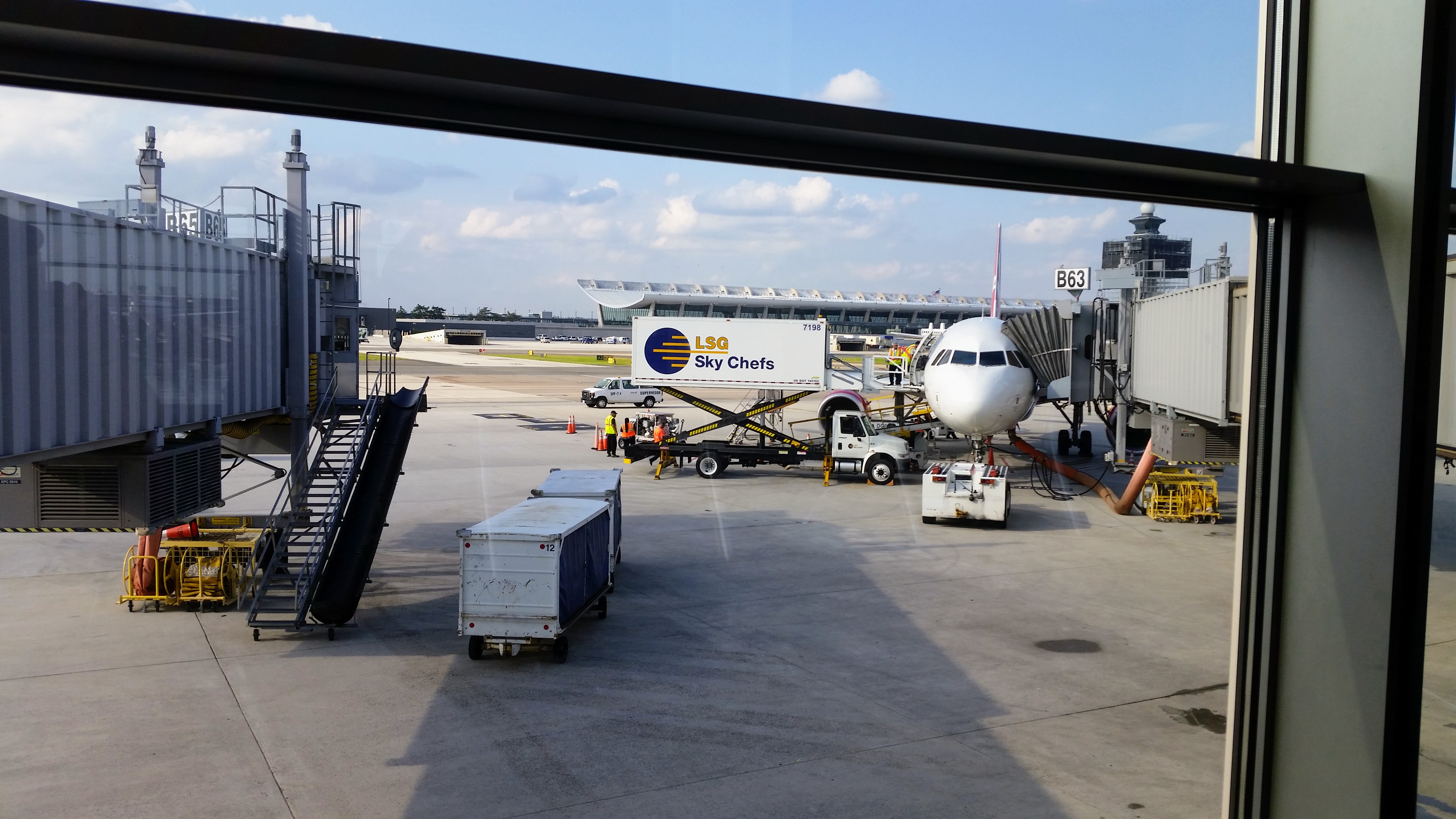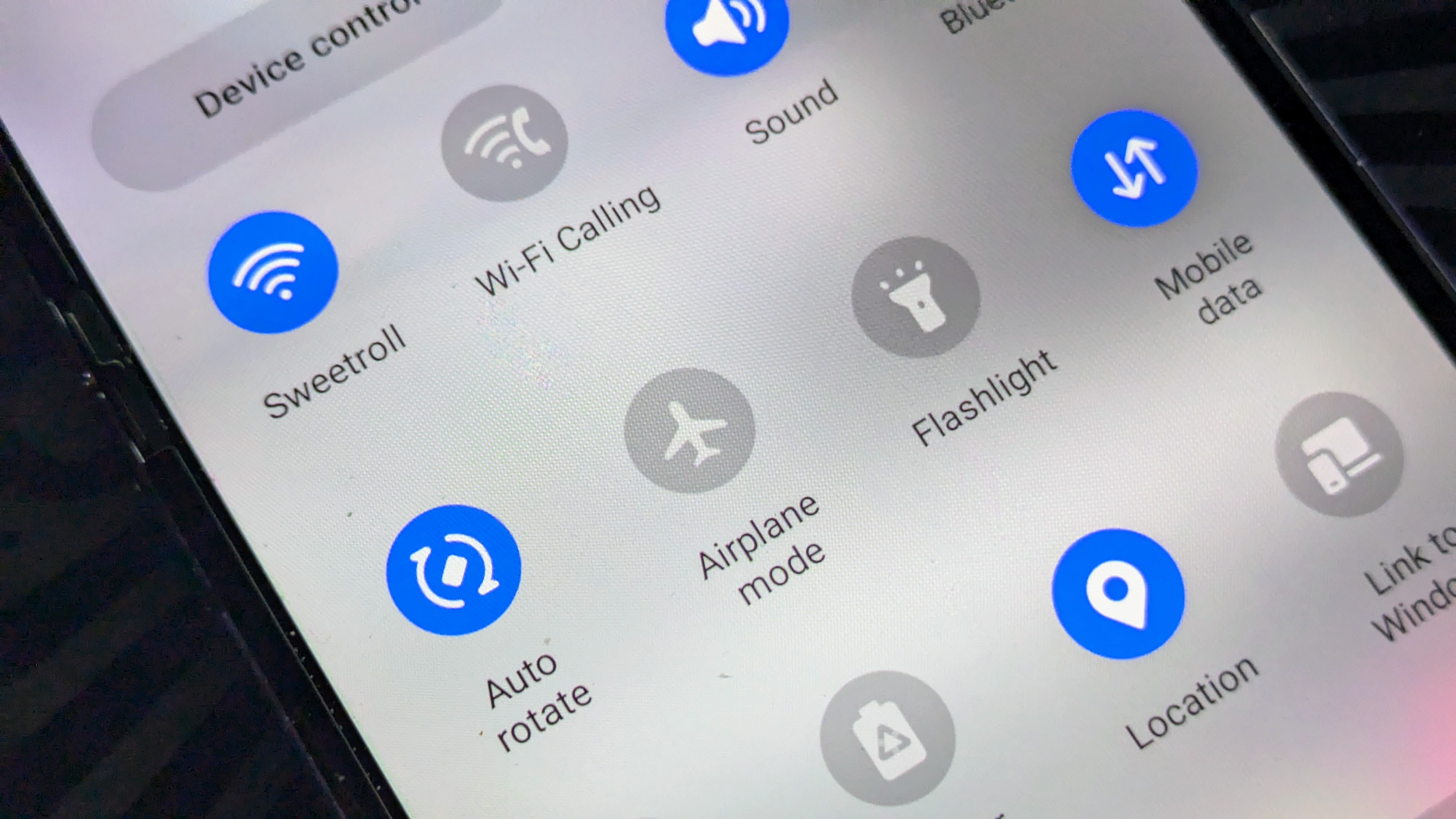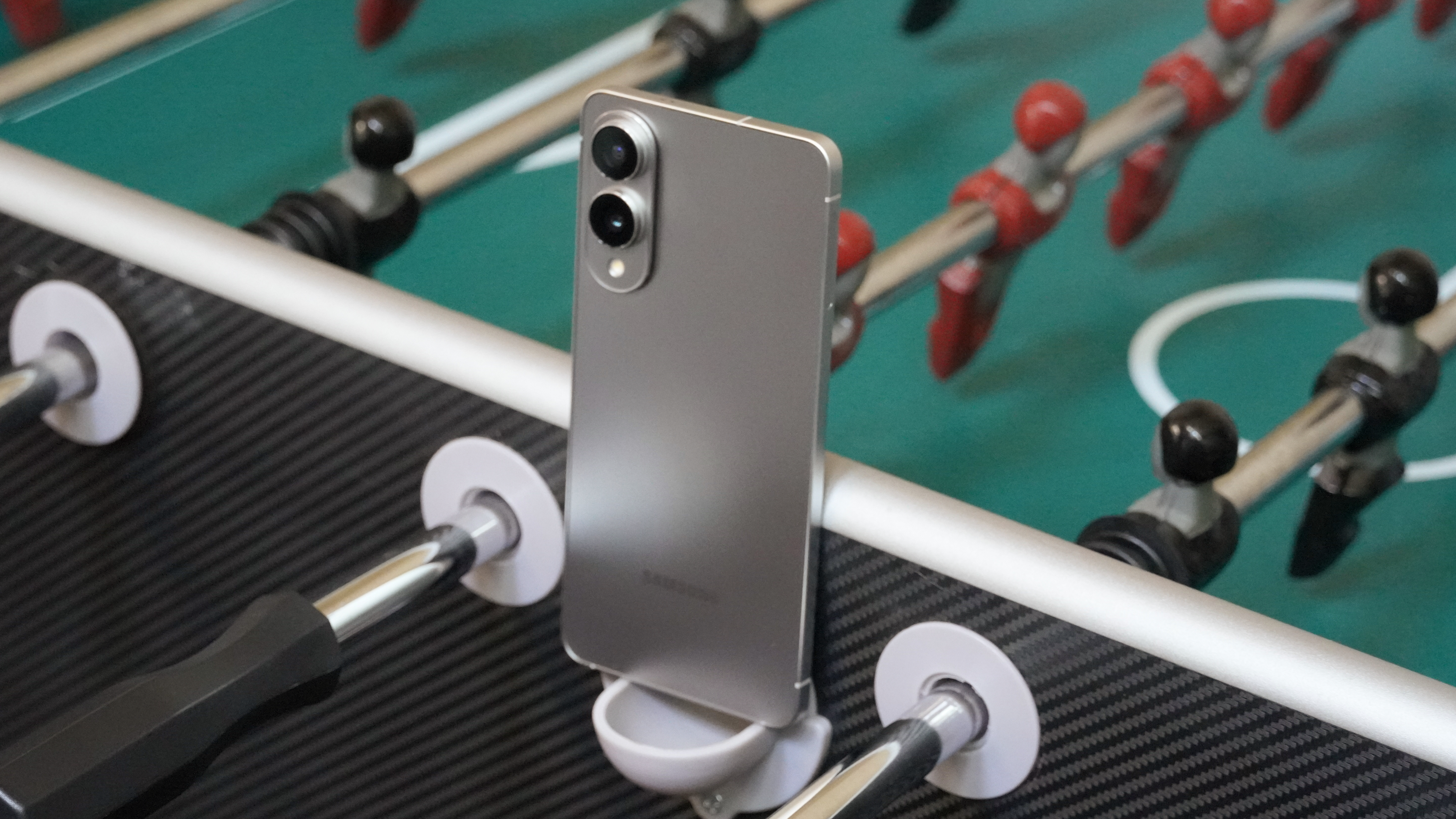Ask Jerry: Why do we still need to use airplane mode on a flight?
Let's talk about tech.

Welcome to Ask Jerry, where we talk about any and all the questions you might have about the smart things in your life. I'm Jerry, and I have spent the better part of my life working with tech. I have a background in engineering and R&D and have been covering Android and Google for the past 15 years.

Ask Jerry is a column where we answer your burning Android/tech questions with the help of long-time Android Central editor Jerry Hildenbrand.
I'm also really good at researching data about everything — that's a big part of our job here at Android Central — and I love to help people (another big part of our job!). If you have questions about your tech, I'd love to talk about them.
Email me at askjerryac@gmail.com, and I'll try to get things sorted out. You can remain anonymous if you like, and we promise we're not sharing anything we don't cover here.
I look forward to hearing from you!
Why is airplane mode still a thing?

Anonymous asks:
Why do we need to put our phones in airplane mode when traveling by plane? Can a phone really affect the electronics in an airplane?
Thanks
Get the latest news from Android Central, your trusted companion in the world of Android
I love questions like this. Not only is there a bit of a technical issue involved, but it's one of those things that seems like a relic of the past. To top it off, there's no cut-and-dried answer.
In case you're here just looking for a quick answer, I like to give it up front: There are two reasons why the captain or flight crew tells us to use airplane mode. It could electronically interfere with the plane and it forces us to pay attention during take-off and landing.
A quick reminder of what airplane mode means: It is a setting on your phone that disables all radio frequency communication in and out of it. You can usually go back in and enable Wi-Fi or Bluetooth once it's activated, but enabling it will kill any signal to and from your phone. It exists as a quick way to turn everything off at once like you're asked to do on an airplane.
Now, some more about why we still need to do this. Notice I used the word "could" in the short answer above. Nobody is saying that your phone will mess with the electronics on a plane, but there is a chance. While the FAA doesn't have any case data showing that cellular use has caused a problem, there is a chance.
There's actually a chance of it happening with two specific things: the headsets pilots use to communicate with each other and the plane's altimeter. Again, it isn't likely that there will be a problem and no data is saying it has ever been one, but the radio frequency of some signals overlaps with these two systems.
If you can remember back when we had cordless landline phones, you might also remember seeing them mess with broadcast television or even hearing truck drivers talk on the C.B. radio through them. That's because the frequencies used are very close to each other, and one signal can be strong enough to bleed over. It's funny hearing the phone make the TV crackle and beep. It's not so funny if you trying to call your friend messes with the pilot trying to talk to the copilot or a flight attendant.

Interference with aircraft altimeters is another possibly real issue that's already caused problems — not for aircraft, but for Verizon and AT&T.
Without getting too nerdy, I'll explain. C band spectrum in the 3.7 to 3.98GHz range was auctioned off to phone carriers for use with 5G networks. Aircraft altimeters operate in the 4.2 to 4.4GHz range. AT&T and Verizon famously had to halt plans to roll out part of their 5G network in places close to airports because these signals are close enough to bleed into each other. An airplane needs to know how high above the ground it is, and some 5G cell towers could interfere.
If you're flying low enough that your phone tries to connect using these frequencies, there's a chance this could cause interference.
One thing all of this has in common is that it's based on the idea that it could happen, not that it will. When a tin can filled with people is up in the air, anything that has a possibility of making it fall out of the sky is a problem. A pilot and the airlines won't take chances and tell you to turn your phone off. If you don't listen, there may be consequences, too. It sounds silly, but it is what it is.
One last thing — having you turn your phone off means you're not trying to text your friend or boss while the plane is on the runway. Aircraft personnel want you to pay extra attention during take-off and landing, so pulling your head out of your phone for a few minutes is one way to help make it happen.

Jerry is an amateur woodworker and struggling shade tree mechanic. There's nothing he can't take apart, but many things he can't reassemble. You'll find him writing and speaking his loud opinion on Android Central and occasionally on Threads.
You must confirm your public display name before commenting
Please logout and then login again, you will then be prompted to enter your display name.
